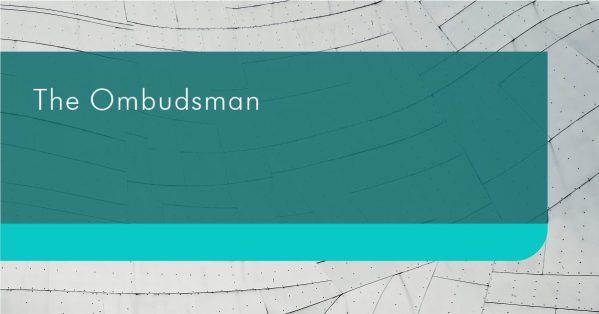29 July 2022
The law forbidding creditors from collecting on prescribed debts which falls under the National Credit Act 34 of 2005 (NCA) is well-known, established and adhered to – or so everyone would think.
The Ombudsman for Banking Services (OBS) confirmed that, between January 2021 and July 2022, the OBS received and investigated a total of 193 complaints relating to allegations of collections on prescribed debts by banks. An amount in excess of R1 million was written off or repaid to complainants.
Letter of the law
In South Africa, the Prescription Act (68 of 1969) read with Section 126B of the NCA, stipulates that a debtor’s liability to pay a specific debt to a creditor is extinguished because of the passing of a prescribed time period. Liability which is ‘prescribed’ is essentially expired.
Under the protection afforded to consumers by the NCA, the banks and other creditors are prohibited from collecting or selling a debt that has prescribed.
When is prescription Interrupted?
A prescription may be interrupted if, during the three years after the payment was due, the following happened:
- The debtor admitted, verbally or in writing, to owing the debt;
- The debtor made a payment towards the debt; or
- The creditor issued and served OBS Stats on Collection of Prescribed debts banks.
More information on this with case studies can be found here.

